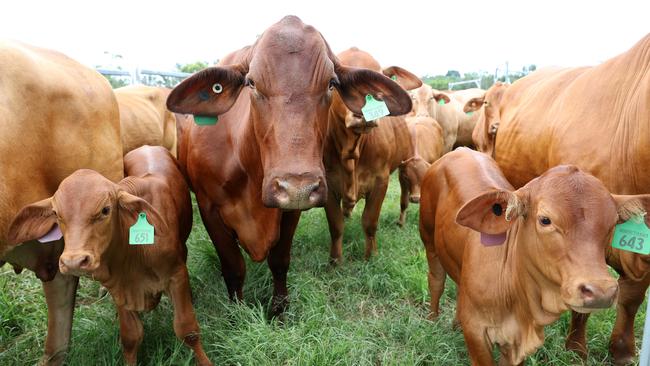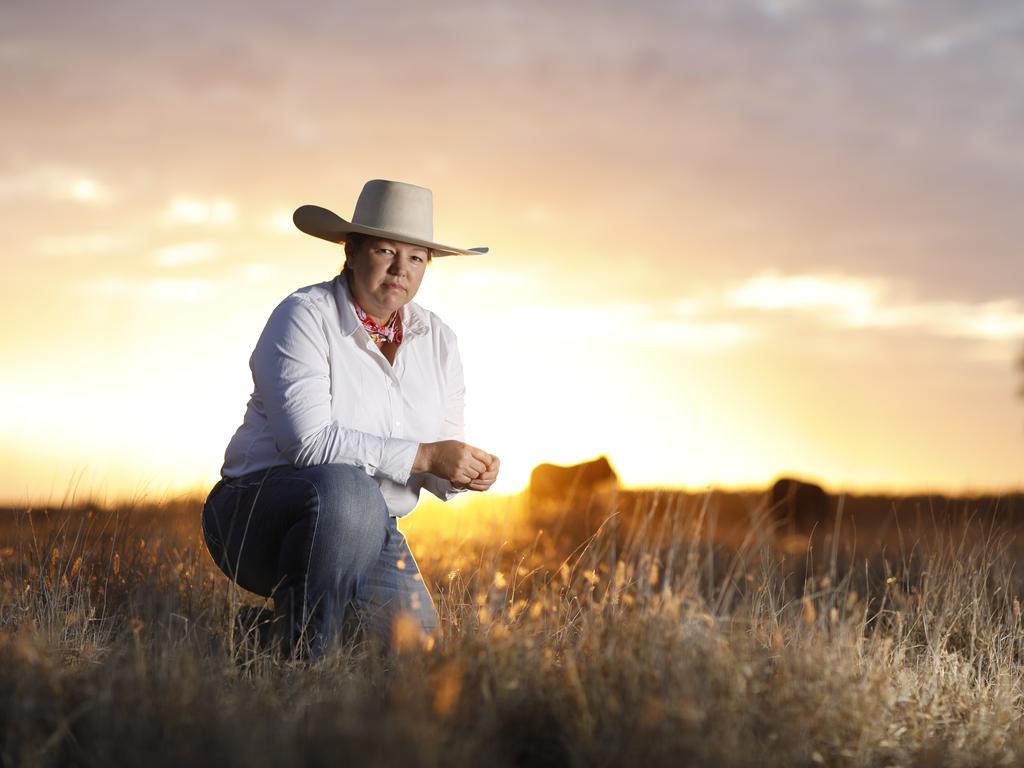Trust the experts, Mark Butler tells red-meat rebels
The government wants to make dietary recommendations based on the environmental impact of food choices.

Health Minister Mark Butler has backed a government agency’s proposal to amend the official dietary guidelines to account for environmental sustainability, despite farmers and industry groups saying it undermined public confidence in health advice.
Red meat producers say the change to the guidelines will provide an opportunity for “environmental ideologies or agendas” to infiltrate official channels at the expense of nutritional science.
The National Health and Medical Research Council, which reports to Mr Butler, has defended the decision of its dietary guidelines expert committee to incorporate environmental sustainability messaging in updated Australian Dietary Guidelines, saying it would follow a “thorough review of the evidence”.
Mr Butler on Tuesday distanced the Albanese government from the process but said he supported the guidelines being produced by experts.
“This process was commenced under the former government and is run by the independent experts at the NHMRC,” Mr Butler said. “There is a consultation process and I encourage stakeholders and industry groups to put their submissions forward. Dietary guidelines are best designed by expert clinicians and scientists, through open consultation with industry groups and stakeholders.”
Nationals leader David Littleproud said the Albanese government needed to intervene to prevent its agency from making the change to the guidelines.
“The Labor government should back our farmers and put faith in them, not tear away their income. Farmers are sustainable but continue to be the easy target to reduce emissions,” he said. “Labor’s ideology doesn’t match the practical reality that people need to eat.
“Dietary guidelines should be about food, not elitist agendas trying to control people.”

The NHMRC has said its decision to include environmental sustainability in the nutritional guidelines was based on stakeholder feedback that including messages about the environmental impact of food choices in the appendix of the 2013 guidelines made them “easy to overlook”.
Farmer concerns have been influenced by advocacy from foreign governments and organisations like the World Health Organisation, which has called for more “plant-rich diets” to meet global environmental targets.
Cattle Australia chief executive Chris Parker said the grass-fed cattle sector was concerned the dietary guidelines expert committee’s deviation from the core function of providing advice based on nutrition “posed a threat to consumers … We are calling on the NHMRC to intervene in the review of the dietary guidelines to ensure it is based on robust nutritional science for the benefit of the Australian community, and not risk it becoming a platform for political agendas and misinformation that sends mixed messaging that could, in the long term, be to the detriment of public health.”
Dr Parker said the red meat industry, which has a target of being carbon neutral by 2030, had significantly reduced carbon emissions since 2005 but was worried international studies would fail to grasp the reality of modern beef production in Australia, which is based on grazing.
The Australian red meat industry produced a record 599,461 tonnes of lamb in 2023, and an increased beef production of 2.2 million tonnes, according to Meat and Livestock Australia data released on Tuesday.
Australian Meat Industry Council chief executive Patrick Hutchinson said the decision to move sustainability issues from the appendix of the 2013 guidelines and into the main body was a “clear case of the National Health and Medical Research Council veering outside its lane”.








To join the conversation, please log in. Don't have an account? Register
Join the conversation, you are commenting as Logout